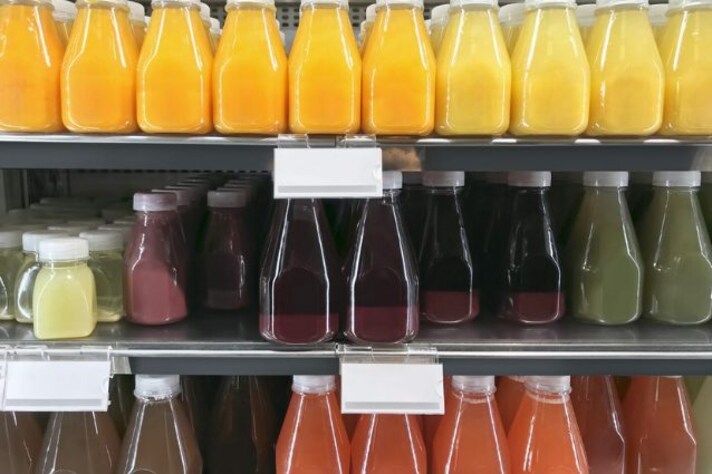How Much Sugar Can You Take Per Day and When Does it Get Too Much?
Fundamental in a varied and balanced diet, sugars must be consumed with awareness because they are not all the same. Here is the type to pay attention to and the maximum recommended quantity.

Sugars are essential for the proper functioning of the body, as they are the main source of energy for our body that we introduce through food. They belong to the category of carbohydrates, one of the three main macronutrients together with proteins and fats, and are divided into simple (monosaccharides and disaccharides) and complex (oligosaccharides and polysaccharides).
When we talk about the possible damage caused by an excess of sugar, we mean simple sugars, which can be divided into two subsets: intrinsic sugars, naturally present in foods (fruit, vegetables, milk) and free sugars, which are added to carbonated drinks, energy drinks, packaged foods, breakfast cereals, baked goods, sweets; which we find in honey, in fruit or vegetable juices and concentrates; which we insert ourselves in the preparation of a home recipe, or in coffee, tea, milk etc. such as classic refined or cane sugar.
The excess is hidden precisely in this second typology, because in a varied and balanced diet, the simple sugars contained in fruit, vegetables and milk, together with the complex ones in cereals, are sufficient for our needs, also because they are present together with vitamins, mineral salts and fibres, allies of health and, as declared by the World Health Organization (WHO) in its guidelines , there is no evidence of adverse effects regarding their consumption.
Beware of Free Sugars: What is The Maximum Daily Amount?
The WHO has always established the daily amount beyond which risks such as excess weight, cardiovascular disease and diabetes could arise, setting the threshold at 10% of total energy intake, which corresponds to an average of 50 grams of sugar. Even better, experts point out, would be to go down to 5%, therefore 25 grams. Each gram of sugar provides 4 kcal: in a dry biscuit there are 1.2 grams, in a chocolate biscuit around 2 grams, a 200 ml glass of fruit juice contains around 24 grams, while for 330 ml of fizzy cola drink you get to 35 grams.

Controlling the amount of free sugars you consume daily is especially important because they do not provide nutritional benefits (they are empty calories that can also be addictive), as carbohydrates do in their entirety, but simply help a product become more appetizing (both in domestic and industrial use) and are often hidden as additives in sauces such as ketchup, in prepared dishes (from risottos to soups) or in crisps. According to the WHO, in fact, a greater intake of free sugars can reduce that of foods that contain more nutritionally adequate calories, leading to an unhealthy diet, weight gain, high bad cholesterol in the blood with related pathologies, from obesity to hypertension. Another consequence of excess free sugars is tooth decay: although it may seem like a minor problem, it actually creates anxiety and pain, without forgetting that the treatments are very expensive.
Can Free Sugars Be Replaced With Sweeteners?
Using a sweetener, even a calorie-free one, for your cakes or drinks is not the most suitable solution. Over the last few years, several studies have highlighted how the use of these substitutes is not beneficial for health, especially on weight control, with confirmation from the WHO in 2023, which reiterates that there is no long-term benefit on the reduction of body fat in adults or children.
;Resize,width=767;)
;Resize,width=712;)
;Resize,width=712;)
;Resize,width=712;)
